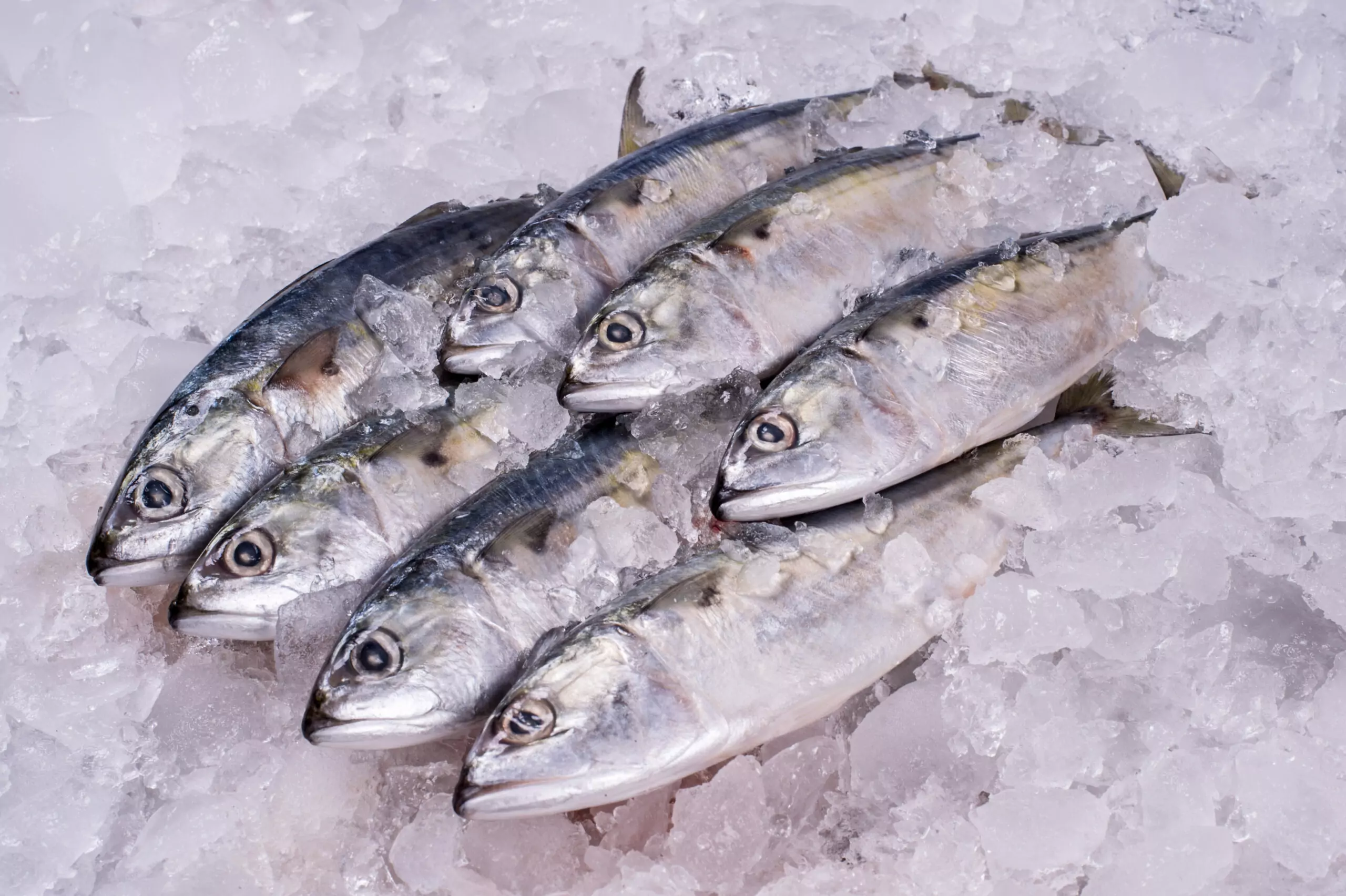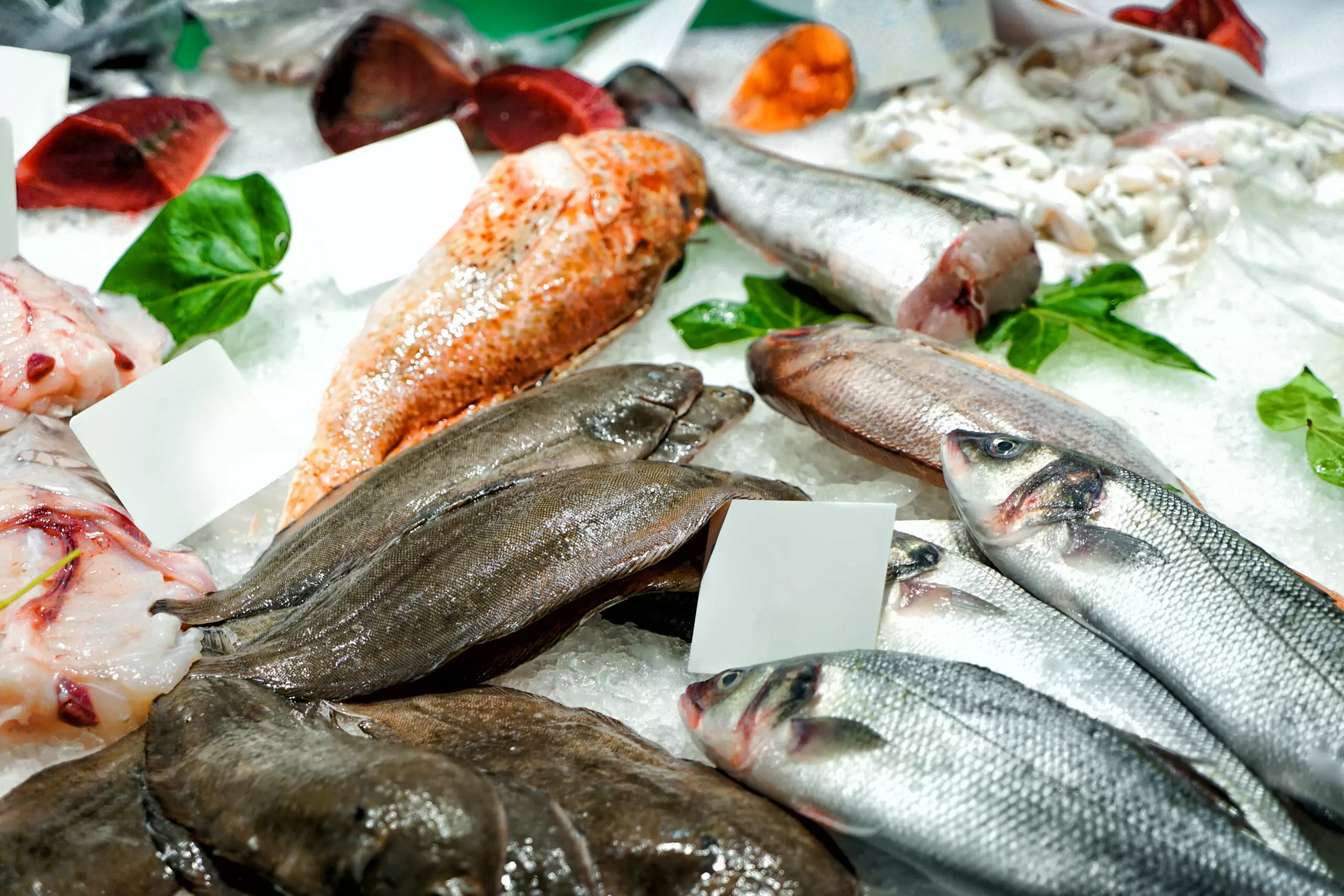Many countries make rules and regulations regarding proper fishing practices, but this often invites poachers to break them. Illegal fishing is rampant in certain areas of the world, lending heavily to the overall problem of overfishing. 85% of all fisheries are fished to capacity, or overfished. Overfishing is the single most detrimental impact that humans have on the world’s fish populations. It circles back to overconsumption, greed, and the feeling of entitlement – “the ocean is ours and we can take what we want, when we want”. This is unacceptable if we are to build a sustainable future. There must be more people, organizations, and countries that step up to fight illegal fishing and overfishing, even if it means taking drastic steps to enforce the laws that are already in place.
Image courtesy of Wikimedia Commons.
One little country in Africa is fed up with illegal fishing and has taken action. In a dramatic move that has sparked international debates and flooded fisheries headlines across the world, the Republic of Senegal arrested the Russian trawler Oleg Naydenov on accusations of illegal fishing.
Senegal is no stranger to illegal fishing. For years, foreign trawlers from Europe and Russia have traveled to Senegalese waters to take what they can without proper licenses. They use efficient mechanical equipment, taking massive numbers of African fish stocks. It is estimated that Senegal looses $311 million per year because of these foreign trawlers.
The governments of such smaller nations are unable or often unwilling to police their waters against larger nations with bigger boats. They simply don’t have the resources – policing takes time, money, people, ships, weapons – things that developing countries often do not have. Many of these small countries will sell fishing rights to foreign fleets, pocketing the money and sometimes taking bribes. Senegal used to do this, but they are trying to turn a new leaf. Since the newly elected president of Senegal revoked the licenses of 29 large foreign trawlers, small scale Senegalese fishermen have reported an immense increase in their catch. Now they are fighting to keep their fish populations high and refusing to allow foreigners to come in and sweep away all of their catch once again.
This very vessel is a known repeat offender. In 2010 and 2012 they were caught red-handed, fishing illegally near the Greenpeace ship Artic Sunrise. Both times the crew of the trawler attempted to cover their name and vessel number to evade prosecution. The Surveillance Department of Senegal’s fisheries has also witnessed the vessel fishing illegally multiple times. There is no lack of evidence and Senegal has accused Russia repeatedly of illegal actions. Finally, on January 4th, 2014 Senegal seized the vessel and its crew of 62.
However, Russia is fighting back rather than accepting responsibility for the actions of their vessel. The Russian government has dismissed the allegations of wrongdoing, saying Senegal is guilty of “piracy” and they will take the seizure into account when it considers the fish trading market with Senegal. They stated they are interested in full cooperation that “excludes violence towards trawlers and fishermen”, even going so far as to accuse Senegal of trying to use the ship as a bargaining piece to demand the import of fish into Russia. Greenpeace has been accused of being the guiding force behind the arrest and Moscow headlines have proclaimed anger over what they consider discrimination against their nationals.
It is disheartening to see this kind of response from Russia’s government. They would not accept the fact that their ship was breaking laws. With the proper evidence, any country should have the right to defend their territory – land or ocean. The Senegal authorities demanded an illegal fishing fine of $800,000 – a mere fraction of what they have already lost to illegal fishing. After nearly three weeks of detainment, the vessel was freed after the owner paid the fine.
I say Senegal deserves a big round of applause. They are fighting for their fish by employing a law of the sea. Not many countries are able, or willing, to do this. Illegal fishing is extremely economically and environmentally damaging for countries like Senegal. These activities deplete their fish stocks and threaten the livelihoods of the local fishermen. One industrial fishing boat can catch as many fish in one day as 50 traditional boats pull in during a year in West Africa. It is encouraging to see a small nation stand up for itself and not allow stronger economic powers to continue taking advantage of them.
Senegal’s actions have sent a message to the world, albeit a controversial one. They are willing to take the extra step to defend their waters and their fish. If drastic changes are to occur, then drastic measures need to be taken to make those changes. They are working to create a sustainable future for themselves – hopefully they will be an inspiration for others to follow in their footsteps. Celebrate a sustainable future today with environmentally friendly seafood from Pucci Foods.


